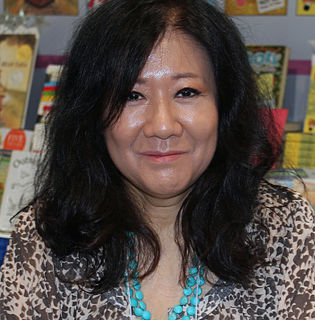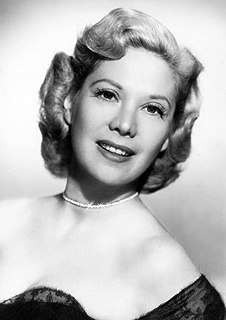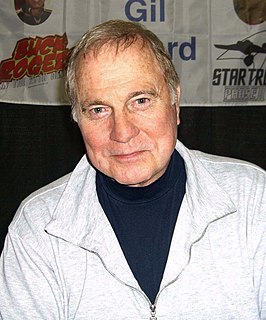A Quote by Cynthia Kadohata
At the time I was writing 'Weedflower,' my friend Naomi Hirahara was writing a book about Japanese-American flower farmers. She knew quite a few elderly farmers and put me in touch with four or five of them who had been in camps during WWII. Some, like my father, were reluctant to talk about their experiences.
Related Quotes
The idea of the book ["The Japanese Lover"] came in a conversation that I had with a friend walking in the streets of New York. We were talking about our mothers, and I was telling her how old my mother was, and she was telling me about her mother. Her mother was Jewish, and she said that she was in a retirement home and that she had had a friend for 40 years that was a Japanese gardener. This person had been very important in my friend's upbringing.
The secret to writing is writing. Lots of people I know talk about writing. They will tell me about the book they are going to write, or are thinking about writing, or may write some day in the future. And I know they will never do it. If someone is serious about writing, then they will sit down every day and put some words down on paper.
...fact was she knew more about them than she knew about herself, having never had the map to discover what she was like. Could she sing? (Was it nice to hear when she did?) Was she pretty? Was she a good friend? Could she have been a loving mother? A faithful wife? Have I got a sister and does she favor me? If my mother knew me would she like me? (140)
You do need some dispensation for local farmers, because the fast food industry will promote the unsanitary conditions of farming. With vegetables, you have to be careful where they come from; you have to know the farmers and trust them. If you buy from the farmers' market, it's already been investigated.
For me, a lot of Discipline was very personal writing, like writing through and working out being inside this gendered body and also the compulsions of the body, the muting of the mind as driven by the body. My father had died some years ago so he haunts the book too, just floats through it ghost-like. But, the writing of every book is different for me. They are so like living creatures, these books, so I don't know what's carried over into the writing of the next things - except maybe that I'm best when I make my writing practice a routine.
I was able to notice in a very early stage, there were discrepancies between the people who are writing the songs and discrepancies about the self that I was writing about. I was feeling that there were all these different people, both writing the record and having the record being written about them, even though ostensibly it was me sitting down and documenting a series of life experiences. Part of that, when I recognized this unconscious thing I was doing, was about these spaces, about these gaps.
I didn't quite know whether I was writing for the non-Muslim or the Muslim, and at the end of the day I'm writing, I hope, for people who are interested, whatever their faith. Even if they don't have any faith. As a barrister I had certain advantages - I could think like a lawyer and I knew how all the laws were fitted together and all the rest of it. One of the things I realized pretty early on while I was writing book about Shari'a was that that was as much a hinderance as it was a help because the Shari'a isn't just a system of rules.
Let me tell you what is interesting about the administration. We had Central American miners that were placed in Ohio, and we never knew a thing about it. We didn't know where they were. And, in fact, we know now that some of them, there is a case going on where some of them may have been human-trafficked.
Me writing the book and the subsequent interactions that we had were actually the cap on that experience. We were still in this weird purgatory about it when I published the book. When I gave them the galleys and what ensued after that, then I understood a lot more about our relationships and what the experience meant to them. I'd never wanted to know what they thought about it at all.






































